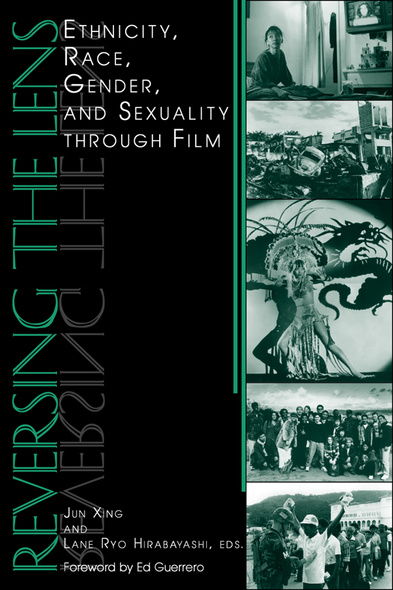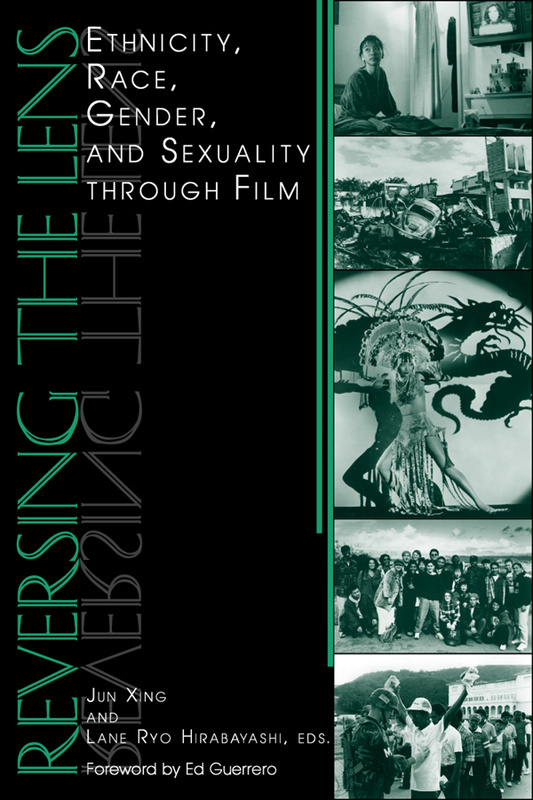Our shopping cart is currently down. To place an order, please contact our distributor, UTP Distribution, directly at utpbooks@utpress.utoronto.ca.
Reversing the Lens
Ethnicity, Race, Gender, and Sexuality through Film
Edited by Jun Xing and Lane Ryo Hirabayashi
University Press of Colorado
Reversing the Lens brings together noted scholars in history, anthropology, sociology, ethnic studies and film studies to promote film as a powerful classroom tool that can be used to foster cross-cultural communication with respect to race and ethnicity. Through such films as Skin Deep, Slaying the Dragon, and Mississippi Masala, contributors demonstrate why and how visual media help delineate various forms of "critical visual thinking" and examine how racialization is either sedimented or contested in the popular imagination. Not limited to classroom use, Reversing the Lens is relevant to anyone who is curious about how video and film can be utilized to expose race as a social construction in dialogue with other potential forms of difference and subject to political contestation.
'This book is of exceptional value. . . . what the book does it does more usefully, more provocatively, than any other book.'
—P. H. Stacey, Choice
'Well written, concise, and descriptive. . . . this book will answer many questions as well as stimulate discussions. Highly recommended.'
—Kim L. Morrison, MultiCultural Review
Jun Xing is a professor in the Department of Ethnic Studies and director of the Difference, Power and Discrimination Program at Oregon State University, and author of Asian America Through the Lens: History, Representations, and Identity, and Baptized in the Fire of Revolution: The American Social Gospel and the YMCA in China, 1919-1937.Lane Ryo Hirabayashi is The George and Sakaye Aratani Professor of the Japanese American Incarceration, Redress, and Community at UCLA, and author and editor of numerous titles, including Reversing the Lens (UPC), Common Ground (UPC), The Politics of Fieldwork: Research in an American Concentration Camp and Teaching Asian America: Diversity & the Problem of Community.





